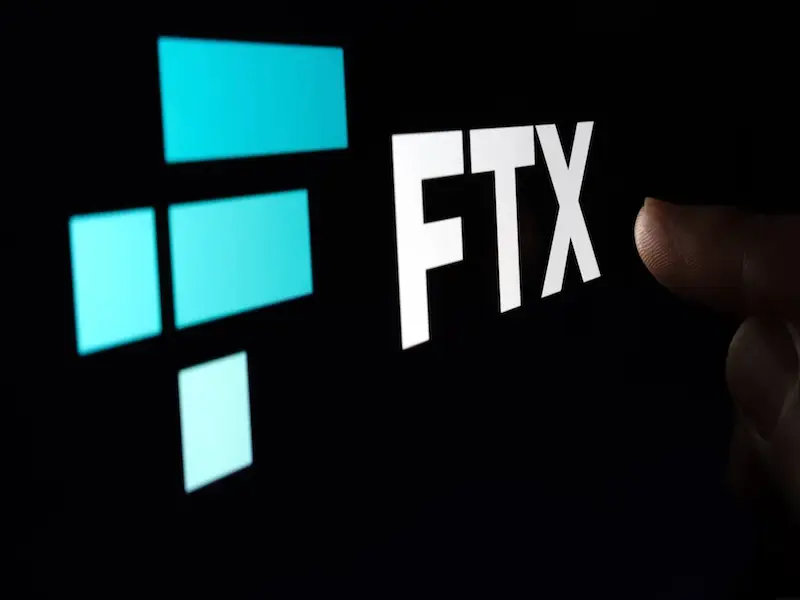- Bankman-Fried’s lawyer claims critical evidence was excluded, leading to a misleading narrative about FTX’s financial health.
- The appeal argues that the trial judge’s errors significantly influenced the jury’s verdict, impacting the fairness of the trial.
OUR TAKE
The appeal raises significant questions about the integrity of the judicial process. If crucial evidence was indeed withheld, it could undermine the legitimacy of the conviction. However, it is also essential to consider the severity of the allegations against Bankman-Fried and the potential impact on victims.
–Lily,Yang, BTW reporter
What happened
Sam Bankman-Fried‘s legal team filed an appeal arguing that the jury that convicted him only received “half the picture” due to the exclusion of key evidence by U.S. District Judge Lewis Kaplan. In a detailed 102-page brief submitted to the 2nd U.S. Circuit Court of Appeals, his lawyer Alexandra Shapiro contends that this prevented the jury from understanding FTX’s actual financial status and led to a false depiction of customer losses.
Prosecutors accused Bankman-Fried of misappropriating $8 billion in customer funds to cover losses at Alameda Research. Although he admitted to mistakes during the trial, he maintained he did not steal funds. The jury ultimately convicted him of fraud and conspiracy. In March, he was sentenced to 25 years in prison. Currently held at the Metropolitan Detention Center in Brooklyn, Bankman-Fried now seeks to overturn his conviction based on these claims.
Also read: FTX co-founder Sam Bankman-Fried receives 25-year jail term for fraud
Also read: Sam Bankman-Fried seeks 5 years, shares crypto advice with guards
Why it’s important
The news about Sam Bankman-Fried’s appeal highlights the complexity of the legal system, especially in cases involving huge sums of money and public trust, given the importance of his appeal to justice for high-profile financial crimes. The appeal could set a precedent for how key evidence is handled in future trials, affecting not only Bankman-Fried but other defendants in similar cases.
The news reflects broader concerns about accountability in the cryptocurrency industry, where many investors have suffered significant losses. The case remains relevant as it touches on topics such as corporate governance, ethics, and judicial process that both the legal community and the public must watch closely.

